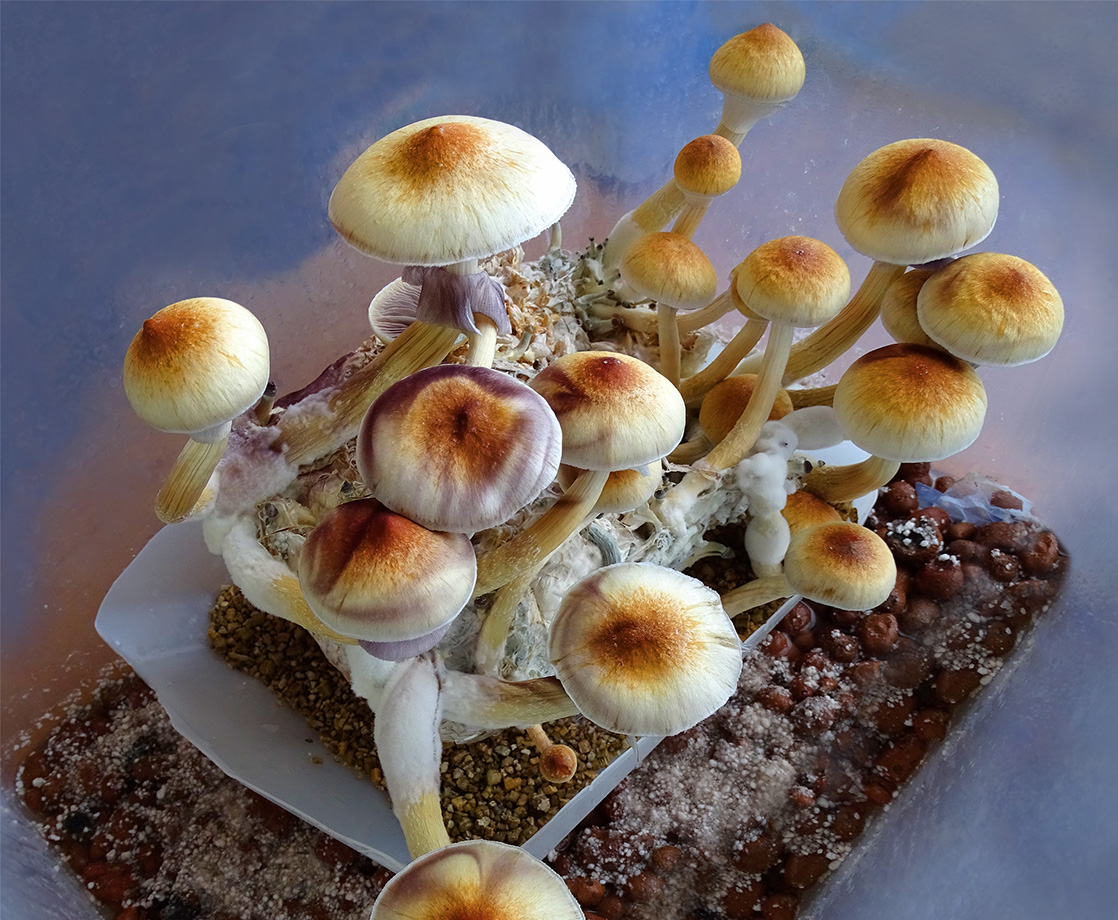A licensed medical cannabis company is suing Minnesota for legalizing THC edibles, a bizarre situation created by a confusing mix of state and federal marijuana laws.
Minnesota legalized the production and sale of hemp-infused foods and drinks this spring. This new law reversed the state’s previous ban on CBD products, but it also authorized the sale of edibles infused with psychoactive cannabinoids, including delta-8 and even delta-9 THC, the intoxicating compound in weed. Federal and state regulations ban cannabis plants that naturally contain more than 0.3% delta-9 THC, but scientists have figured out how to derive psychoactive forms of THC from federally-legal hemp plants.
The sudden legalization of intoxicating THC edibles was obviously a huge win for local hemp producers and cannabis lovers alike, but not everyone is pleased. Some of the Republican lawmakers who voted for the bill are shocked and angry that they helped legalize THC products, a situation that could have been averted had they actually read the bill in the first place.
Minnesota’s medical cannabis industry is also pissed that the state just unintentionally allowed hemp producers to offer cheaper alternatives to their own products. Vireo Health, one of the state’s two licensed medical marijuana companies, just sued the state over its new THC law last week. The lawsuit argues that the new hemp regulations “unconstitutionally discriminate against Vireo in the market for edible products that contain tetrahydrocannabinol (THC),” FOX9 News reports.
“There is no rational basis to create separate legal requirements for sellers of medical cannabis-derived edibles, like Vireo, and sellers of hemp-derived edibles,” the court document argues. “Medical cannabis and hemp are the same plant species. THC from medical cannabis is the same as THC from hemp. But, without any rational basis, Minnesota law treats medical cannabis-derived edibles very differently from identical hemp-derived edibles.”
The company notes that the state’s new regulations allow hemp producers to create THC edibles that “do not have the same regulation, oversight, testing, and customer eligibility limitations as the medical cannabis-derived edibles sold by Vireo.” These lax regulations allow hemp companies to create cheaper products and sell them at regular retail stores. The lawsuit argues that the combination of these two factors will cause many of Vireo’s existing customers to switch to hemp edibles instead.
Vireo argues that this “irrational discrimination” violates the state constitution by establishing an arbitrary rule that makes it harder for them to turn a profit. To resolve the situation, the company is demanding the right to sell their THC edibles to any adult, regardless of whether or not they are a registered medical marijuana patient.
At this point, it’s hard to predict how the case will play out. It’s entirely possible that a judge may rule against Vireo because their products are derived from federally-prohibited marijuana plants and not legal hemp. The case might also help support Republican lawmakers’ efforts to overturn the law that legalized THC edibles in the first place.
On the other hand, the court could rule in Vireo’s favor, essentially allowing adult-use THC edibles to be sold anywhere in the state. If this happened, lawmakers would most likely move to fully legalize all adult-use sales – an outcome that Governor Tim Walz, many lawmakers, and most Minnesotans fully support.
Cover image via











